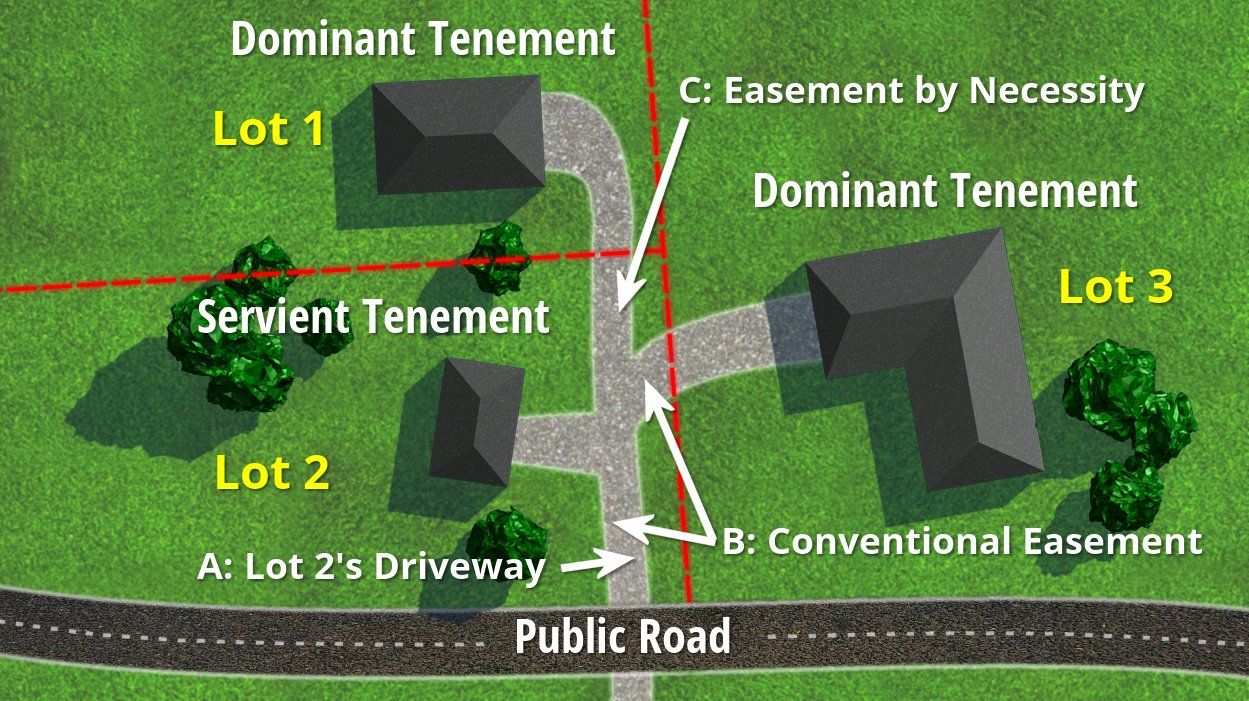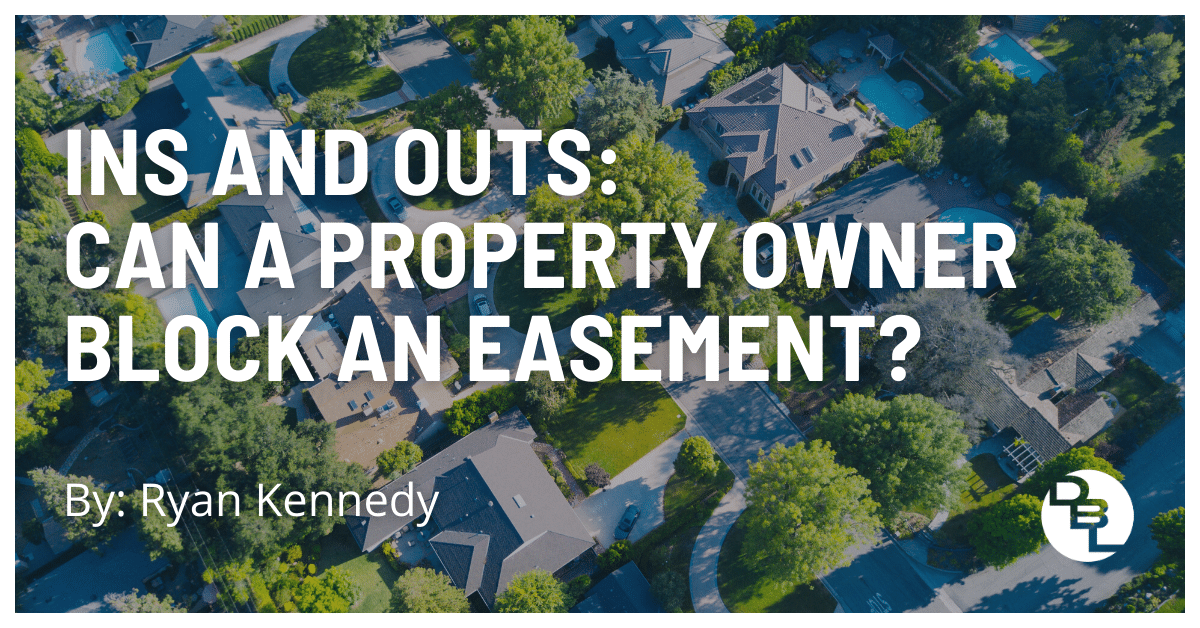Owning a property comes with many rights. But it also comes with responsibilities. One of these is respecting easements. Easements are legal rights to use someone else’s land. They often allow access to roads, utilities, or pathways. But can a property owner block an easement? Let’s explore this topic.
What is an Easement?
An easement is a legal right. It allows one person to use another person’s land. This use is usually for a specific purpose. For example, a neighbor might have an easement to cross your land. They might need to reach their property. Or a utility company might have an easement to run power lines.
Types of Easements
There are different types of easements. Understanding these can help property owners and easement holders. Here are the main types:
- Appurtenant Easement: This easement benefits a specific piece of land. It usually involves two properties. One is the dominant estate, which benefits from the easement. The other is the servient estate, which bears the easement.
- Easement in Gross: This easement benefits an individual or company. It is not tied to a specific piece of land. Utility companies often have easements in gross.
- Prescriptive Easement: This easement is gained through continuous and open use. This use must be without permission and for a set period. The exact period varies by location.

Credit: blog.onlineed.com
Can a Property Owner Block an Easement?
Usually, a property owner cannot block an easement. Easements are legal rights. Blocking them can lead to legal trouble. However, there are exceptions. Let’s look at some situations where blocking might be possible.
When Easement Terms Are Violated
If the easement holder violates the terms, the property owner might have a case. For example, if the easement is for a pathway, the holder cannot use it for parking. Violating the terms can lead to legal action. The property owner can ask the court to remove the easement.
When Easement Is No Longer Needed
Sometimes, an easement is no longer necessary. For example, if a new road is built, the old easement might not be needed. In such cases, the property owner can go to court. They can ask for the easement to be removed.
When Easement Is Abandoned
If the easement holder stops using the easement, it might be considered abandoned. Abandonment usually requires a long period of non-use. It also requires intent to abandon. If both are proven, the property owner can ask the court to remove the easement.
When Easement Was Created By Mistake
Sometimes, easements are created by mistake. This can happen due to errors in property records. If a property owner can prove the easement was a mistake, they can ask the court to remove it.

Credit: schorr-law.com
Legal Actions and Consequences
Blocking an easement without a legal reason can lead to serious consequences. The easement holder can take the property owner to court. The court can order the property owner to unblock the easement. The property owner might also have to pay damages.
How to Resolve Easement Disputes
Easement disputes can be stressful. But they can often be resolved without going to court. Here are some steps to take:
- Communicate: Talk to the easement holder. Explain your concerns. Try to find a solution that works for both parties.
- Negotiate: Sometimes, the easement holder might agree to change the terms. They might agree to limit their use of the easement. Or they might agree to move it to a different part of your land.
- Mediation: If you cannot reach an agreement, consider mediation. A neutral third party can help resolve the dispute.
Consulting a Lawyer
If you cannot resolve the dispute, it might be time to consult a lawyer. A lawyer can help you understand your rights. They can also help you understand the easement holder’s rights. They can advise you on the best course of action. They can also represent you in court if necessary.
Frequently Asked Questions
Can A Property Owner Legally Block An Easement?
No, property owners usually can’t block legal easements. Easements give others access rights.
What Happens If An Easement Is Blocked?
Blocking an easement can lead to legal action. Courts can order the blockage removed.
Can You Remove An Easement?
Removing an easement requires agreement from all parties or a court decision.
Who Maintains An Easement?
Typically, the easement user maintains it. Property owners may have some responsibilities.
Conclusion
Easements are important legal rights. They allow people to use land they do not own. Property owners usually cannot block easements. But there are exceptions. Violating easement terms, abandonment, or mistakes can lead to removal. If you have an easement dispute, try to resolve it peacefully. Communication, negotiation, and mediation can help. If needed, consult a lawyer. Understanding your rights and responsibilities can help you avoid legal trouble.
